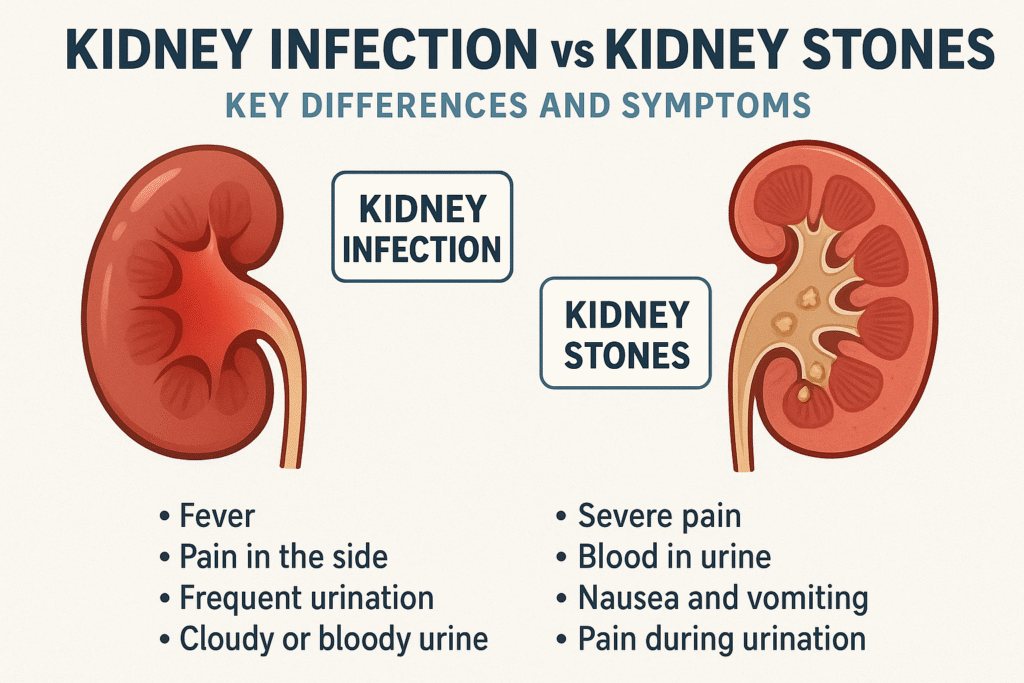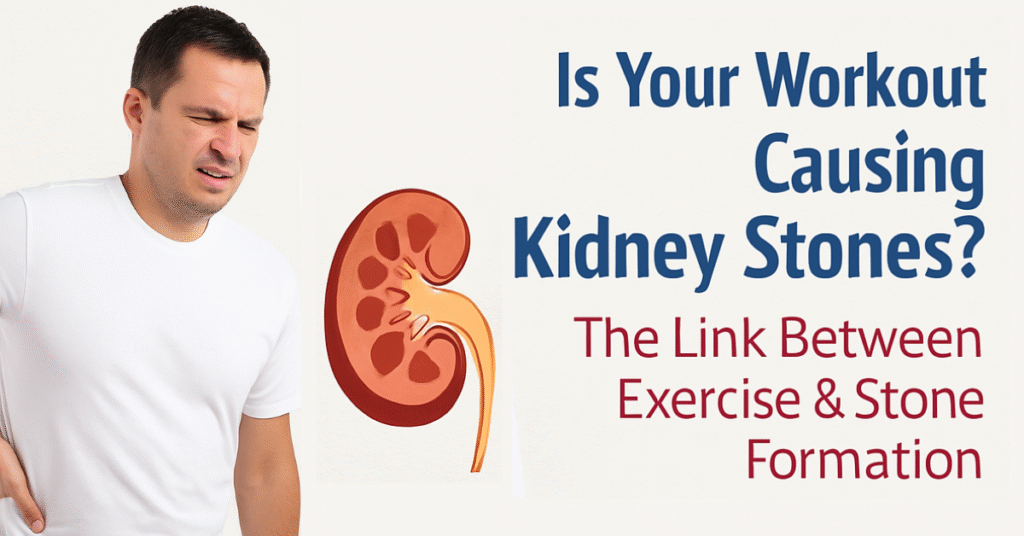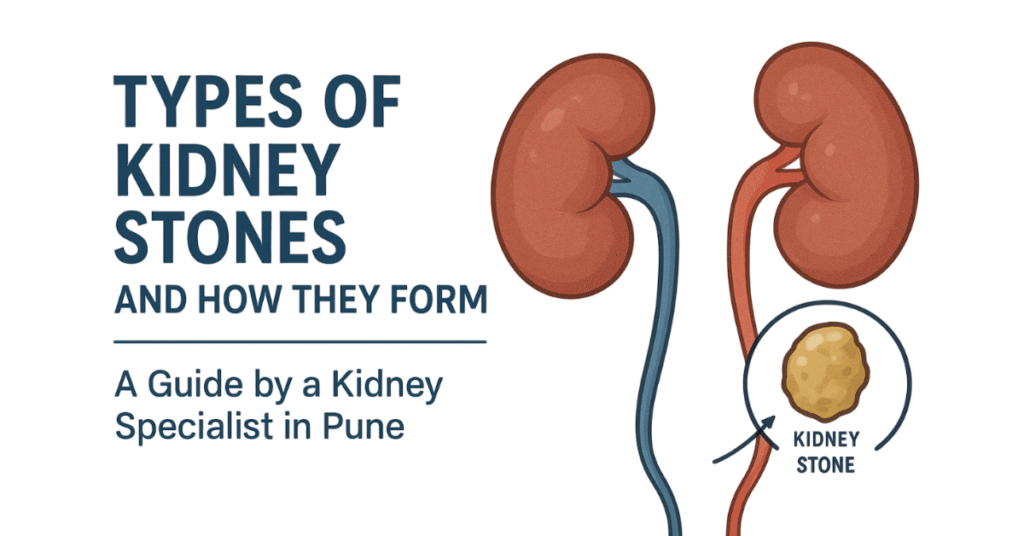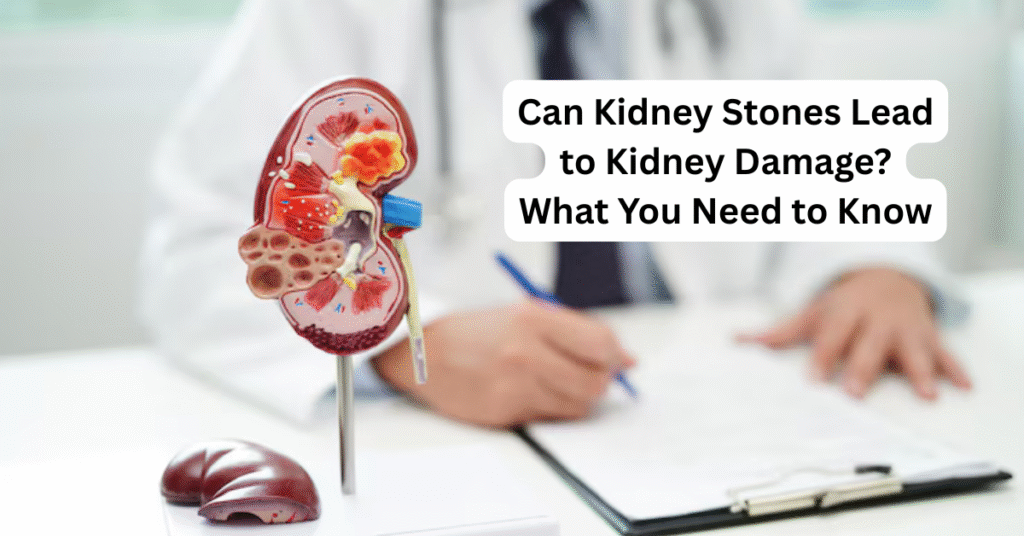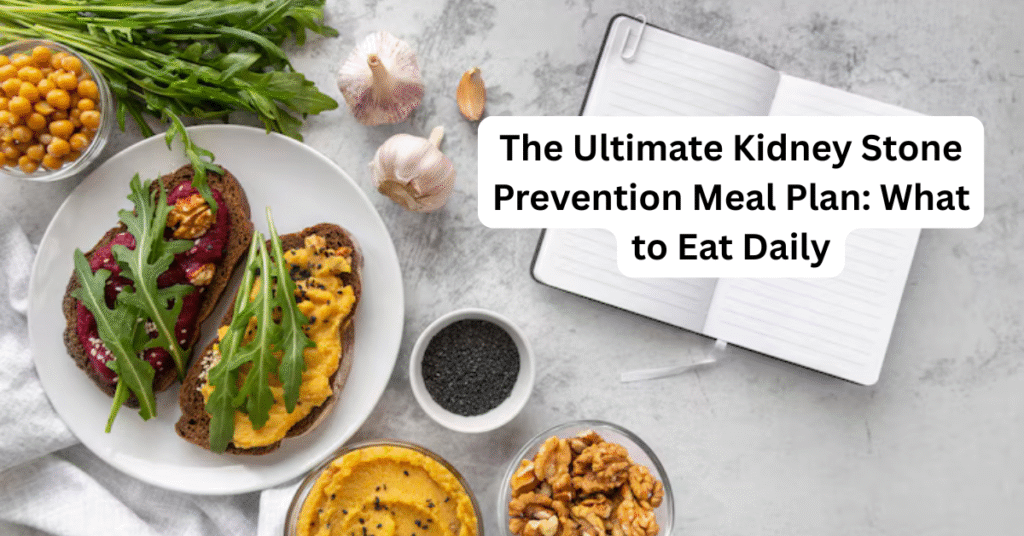Foods That Help Prevent Kidney Stones – And What to Avoid
Kidney stones are a common health issue affecting millions worldwide. They are hard deposits formed from minerals and salts in the kidneys, often causing severe pain, urinary issues, and discomfort. While genetics and medical conditions can increase the risk of developing kidney stones, diet plays a crucial role in both prevention and management. Making the right food choices can significantly reduce the chances of stone formation and support kidney health. Dr. Rakshit Ahuja, a renowned Urologist in Pune, emphasizes that lifestyle modifications, especially dietary changes, are among the most effective strategies for preventing kidney stones. Here’s a guide to foods that can help prevent kidney stones and foods you should limit or avoid. Foods That Help Prevent Kidney Stones Water – The Ultimate Kidney Protector Staying hydrated is the single most important factor in preventing kidney stones. Drinking at least 8–10 glasses of water daily helps dilute urine, reducing the concentration of minerals like calcium, oxalate, and uric acid that form stones. Herbal teas and water-rich fruits like watermelon can also contribute to hydration. Citrus Fruits – Nature’s Stone Fighters Citrus fruits such as lemons, oranges, and limes are rich in citrate, a natural inhibitor of stone formation. Citrate binds to calcium in the urine, preventing it from crystallizing into stones. Adding fresh lemon juice to water daily can be a simple yet effective preventive measure. Leafy Greens – Nutrient Powerhouses While some leafy greens contain oxalates, which can contribute to kidney stones, others like kale, lettuce, and cabbage are low in oxalates and rich in calcium. Dietary calcium from vegetables and dairy can bind to oxalate in the gut, reducing its absorption and decreasing stone risk. High-Fiber Foods – Aid Digestion and Stone Prevention Fiber-rich foods like whole grains, fruits, and vegetables help regulate digestion and maintain a healthy urinary system. They can also reduce calcium excretion in the urine, lowering the likelihood of stone formation. Low-Fat Dairy Products – Calcium Without Risk Contrary to common belief, dietary calcium helps prevent kidney stones rather than cause them. Low-fat milk, yogurt, and cheese provide essential calcium that binds to oxalate in the intestines, reducing the risk of stone formation. Foods Rich in Magnesium and Potassium Magnesium and potassium are minerals that help prevent the formation of kidney stones. Bananas, avocados, beans, nuts, and seeds are excellent sources. Including these in your daily diet can support overall kidney health and stone prevention. Berries and Fruits with Antioxidants Berries, cherries, and apples contain antioxidants that help reduce inflammation and oxidative stress in the kidneys. They are low in oxalates and provide essential nutrients that can aid in maintaining kidney health. Foods to Limit or Avoid High-Oxalate Foods Spinach, beetroot, rhubarb, and certain nuts contain high oxalate levels, which can combine with calcium to form kidney stones. While you don’t need to eliminate these entirely, moderation is key, especially if you are prone to calcium oxalate stones. Excess Salt High sodium intake increases calcium excretion in the urine, raising the risk of stone formation. Processed foods, canned soups, and salty snacks should be limited. Using herbs and spices instead of salt can add flavour without harming kidney health. Animal Protein in Excess Red meat, organ meats, and shellfish are high in purines, which break down into uric acid in the body. Excess uric acid can form uric acid stones. Limiting animal protein and opting for plant-based protein sources like lentils and legumes can reduce the risk. Sugary Drinks and Sweets Soft drinks, sugar-laden beverages, and excessive desserts can increase the risk of kidney stones. Fructose in sugary drinks promotes calcium, oxalate, and uric acid excretion. Water, infused water, and herbal teas are healthier alternatives. Too Much Vitamin C Supplementation High doses of vitamin C can convert into oxalate in the body, potentially increasing the risk of stones. It’s better to obtain vitamin C from natural sources like citrus fruits and berries rather than high-dose supplements. Lifestyle Tips for Kidney Stone Prevention Maintain a healthy weight through a balanced diet and regular exercise. Avoid dehydration, especially in hot climates or during intense physical activity. Monitor your urinary pH if prone to stones; some stones form in acidic urine. Consult a Kidney Specialist in Pune for personalized advice and preventive strategies. When to Seek Medical Help If you experience severe flank pain, blood in urine, nausea, or difficulty urinating, it’s crucial to seek immediate medical attention. Early intervention can prevent complications and reduce the need for invasive procedures. Kidney Stone Treatment in Pune options vary from medication to minimally invasive procedures, depending on the stone’s size, type, and location. Dr. Rakshit Ahuja, a trusted Urologist in Pune, specializes in personalized kidney stone management and prevention, helping patients lead healthier, stone-free lives. Select an element to maximize. Press ESC to cancel.
Foods That Help Prevent Kidney Stones – And What to Avoid Read More »

 Select an element to maximize. Press ESC to cancel.
Select an element to maximize. Press ESC to cancel.
